1. Surveyor – George Washington
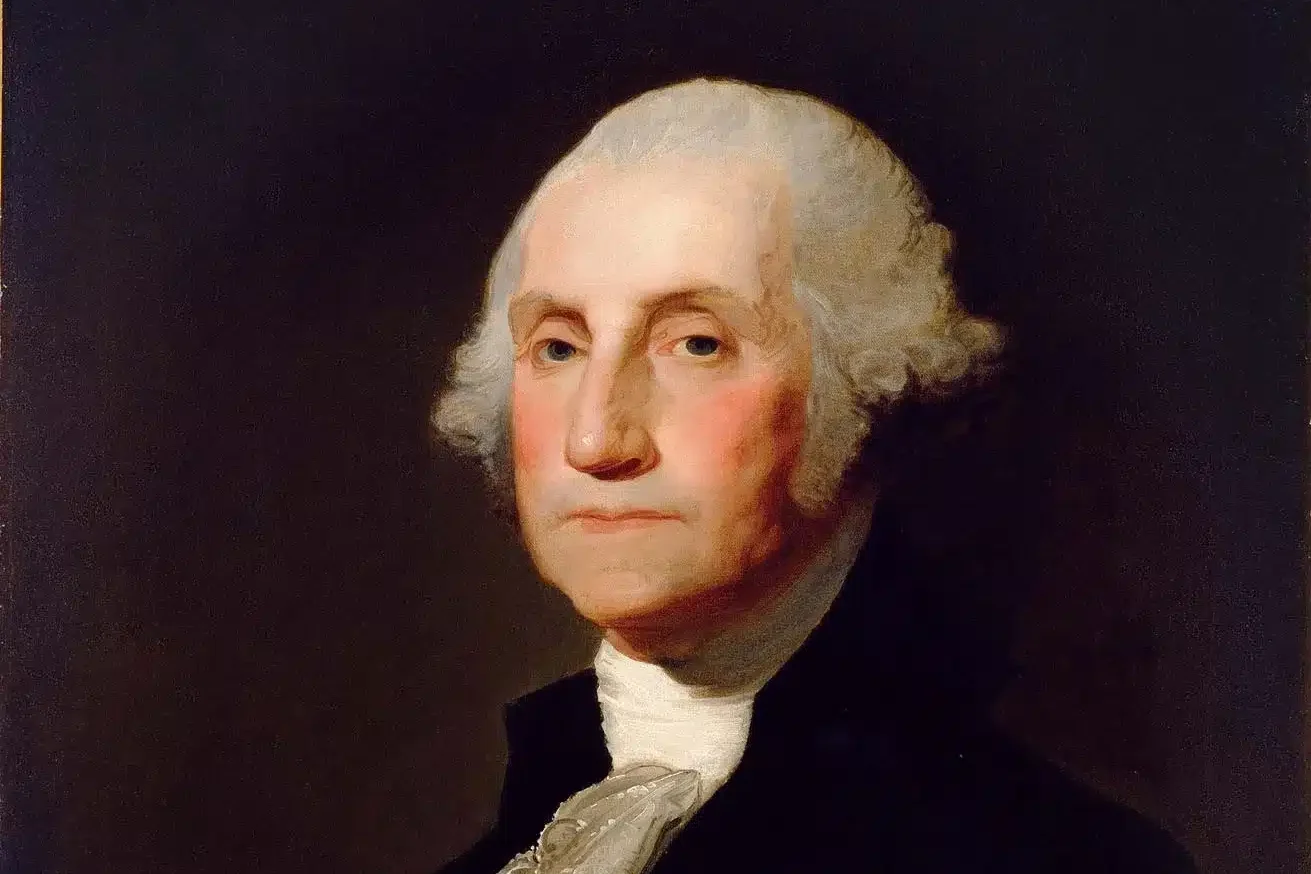
Before shaping history from the Oval Office, some presidents were already shaping their worlds in unexpected ways. George Washington began his career as a land surveyor at just 17, mapping Virginia’s wilderness and negotiating land values. The work demanded precision, patience, and courage as he ventured through uncharted forests. Along the way, he built connections with powerful landowners, sharpening the skills that later guided him on the battlefield. Washington’s surveying years gave him discipline and strategic insight, both of which became central to his leadership. His compass and map proved just as important as his sword and statesmanship.
2. Peanut Farmer – Jimmy Carter
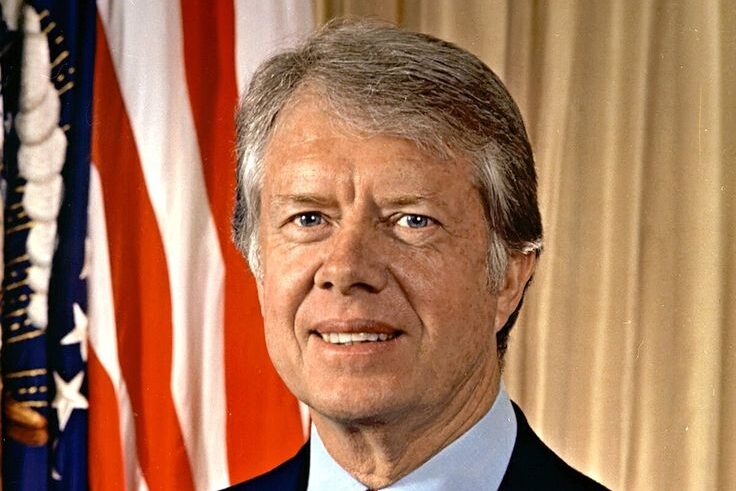
Few careers are as rooted in the earth as farming, and Jimmy Carter knew that life well. When his father passed away, Carter left the Navy to take charge of the family peanut farm in Plains, Georgia. With steady hard work, he turned it into a respected business. Farming became a symbol of Carter’s values: honesty, humility, and a deep respect for ordinary people. Even during his presidency, Carter’s agricultural background shaped his image as a man of principle. His years in the fields taught him that perseverance and patience could grow more than crops; they could grow character.
3. Tailor – Andrew Johnson
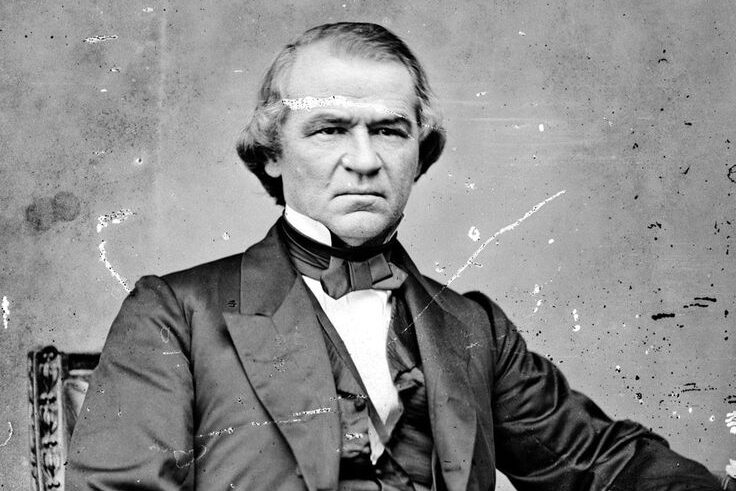
Andrew Johnson’s path to the White House started with a needle and thread. Born into poverty and with no formal schooling, Johnson apprenticed as a tailor in Tennessee. Stitch by stitch, he earned a living while building relationships with townspeople who gathered in his shop. Those conversations sparked his political curiosity, giving him insight into the concerns of everyday people. Johnson often credited tailoring with teaching him precision and patience, qualities he later tied to leadership. His rise from humble beginnings to the presidency showed how even small trades could inspire ambition and shape a leader’s journey.
4. Tavern Owner and Postmaster – Abraham Lincoln
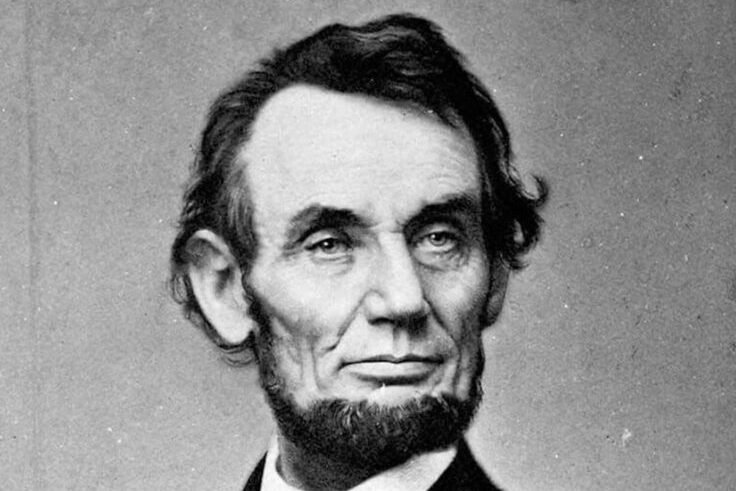
Before he became the Great Emancipator, Abraham Lincoln was a small-town businessman and public servant. In New Salem, Illinois, he co-owned a tavern where neighbors shared drinks, stories, and debates. Later, he was appointed the town’s postmaster, personally delivering letters and sometimes carrying them in his tall hat for safekeeping. These roles brought Lincoln close to the people, teaching him how to listen and how to serve. His honesty and reliability became trademarks long before politics. The approachable leader history remembers was shaped as much by tavern counters and dusty roads as by government chambers.
5. Teacher for Underserved Kids – Lyndon B. Johnson
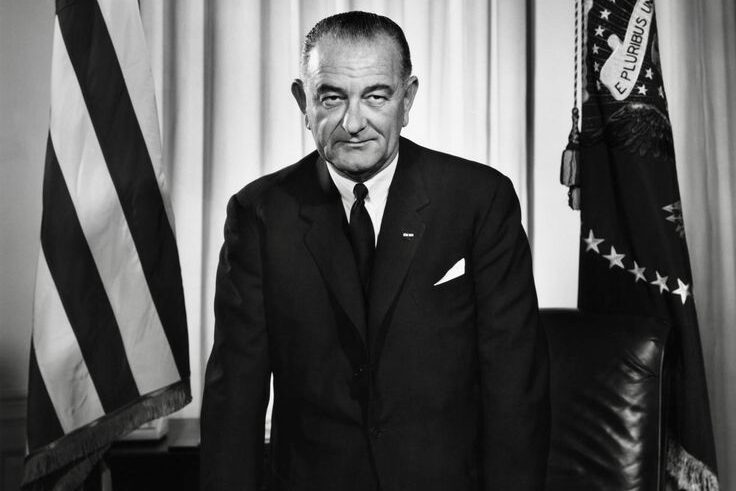
Before passing landmark laws, Lyndon B. Johnson was in a modest classroom in Cotulla, Texas. He taught poor Mexican-American children and often spent his own money on supplies and sports equipment. The poverty and determination he witnessed there made a lasting impact. Johnson later said his teaching years gave him the drive to fight inequality and improve education nationwide. As president, he launched Head Start and pushed for civil rights reforms, fueled by memories of his young students. The classroom may have been small, but its lessons shaped his vision for a fairer and more compassionate America.
6. Mining Engineer in China – Herbert Hoover
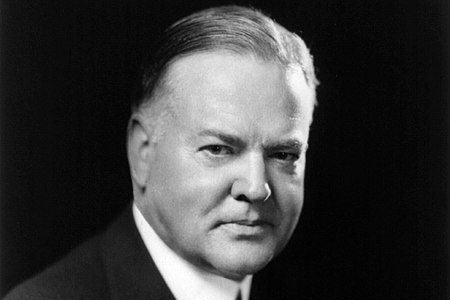
Long before politics, Herbert Hoover was halfway across the globe working as a mining engineer in China. He improved operations, trained local workers, and even survived the Boxer Rebellion alongside his wife Lou. Together, they learned Mandarin, a language they later used privately in the White House. Hoover’s early career taught him efficiency and problem-solving, qualities that stayed with him. Though his presidency was overshadowed by the Great Depression, his global experience showed his adaptability. From bargaining over ore prices to managing people, Hoover’s early years shaped a leader who valued resourcefulness and hard work above all else.
7. Foreign Correspondent – John F. Kennedy
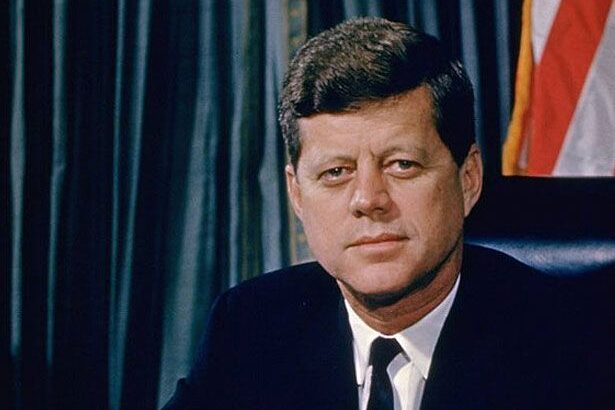
Before winning hearts with speeches, John F. Kennedy tried his hand at journalism. In 1945, he worked briefly as a correspondent for Hearst Newspapers, covering the Potsdam Conference and Europe’s postwar recovery. His articles were sharp and thoughtful, showing the keen eye of a future statesman. Kennedy’s reporting gave him an early understanding of global politics and diplomacy, preparing him for the challenges he would later face as president. Writing about world leaders and fragile peace agreements broadened his perspective, and his ability to communicate with clarity and charisma began to shine. Journalism helped shape his presidential voice.
8. Rancher – Theodore Roosevelt
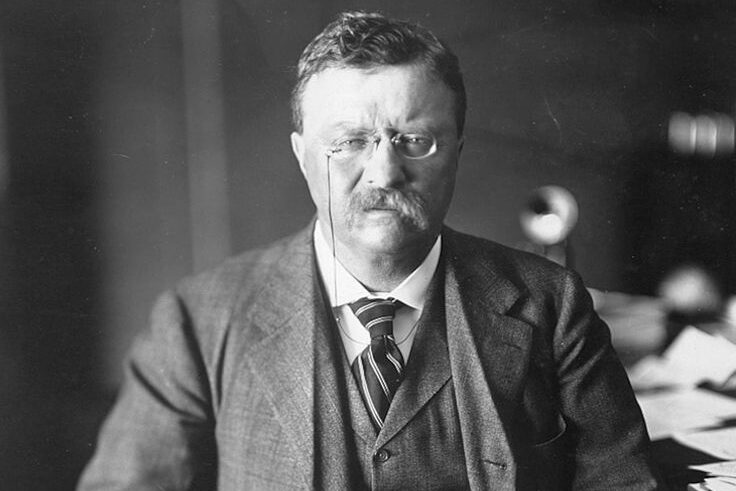
After tragedy struck with the loss of both his wife and mother, Theodore Roosevelt sought healing in the Dakota Territory. There, he bought two ranches and embraced the life of a cattleman. Working alongside cowhands in harsh conditions toughened him and deepened his philosophy of the strenuous life. Roosevelt credited ranching with restoring his spirit and shaping his rugged image. The lessons of resilience, conservation, and endurance carried into his presidency, where he championed parks and natural preservation. His cowboy years weren’t just an escape but a rebirth that turned grief into the strength of a larger-than-life leader.
9. Actor and Show Host – Ronald Reagan
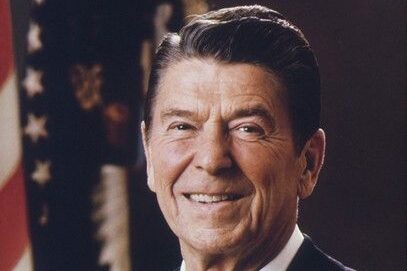
Before stepping onto the political stage, Ronald Reagan was a familiar face in Hollywood. He appeared in more than 50 films and became a household name as host of General Electric Theater. Reagan’s screen presence gave him confidence and a natural way of connecting with people. He learned the importance of storytelling, timing, and clear communication. Those lessons proved invaluable in politics, where his speeches carried warmth and clarity. Nicknamed the Great Communicator, Reagan’s ability to reach the public came from years in front of cameras. His path from actor to president shows how performance can shape leadership.
10. Park Ranger and Football Coach – Gerald Ford
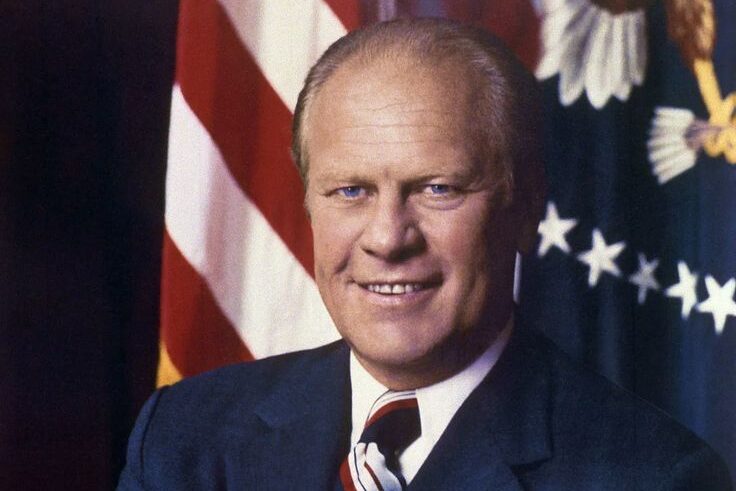
Gerald Ford’s early career reflected his love of the outdoors and athletics. One summer, he worked as a park ranger in Yellowstone National Park, assisting visitors and helping with safety patrols. Later, while studying at Yale Law School, he served as an assistant coach for football and boxing. These jobs taught him teamwork, discipline, and leadership. Ford’s approachable nature and steady personality grew from such experiences, and he carried them into politics. Known for his grounded and easygoing style, Ford’s lessons were drawn not from boardrooms but from guiding tourists and training athletes in sportsmanship and perseverance.
11. Haberdasher – Harry S. Truman
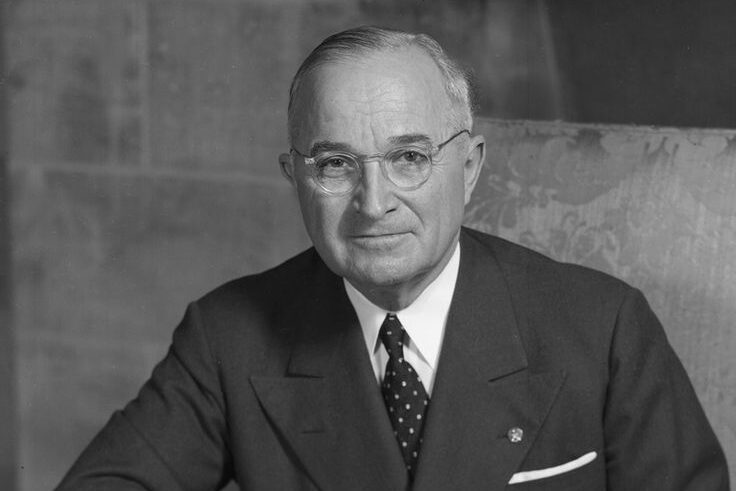
In 1919, Harry Truman and his friend Eddie Jacobson opened a men’s clothing store in Kansas City. The shop sold suits, shirts, ties, and hats, and for a time, it was popular. When a postwar recession hit, the business eventually failed, leaving Truman in debt. Yet the experience gave him lessons in honesty, responsibility, and customer service. Truman built a reputation for keeping his word and treating people fairly, qualities that became hallmarks of his presidency. Even when making hard decisions later, he leaned on those simple retail lessons, carrying integrity from the shop counter to the White House.
12. Sheriff – Grover Cleveland
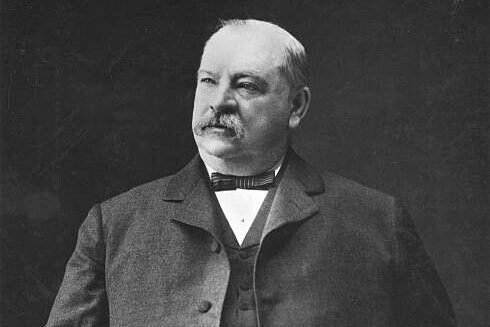
Grover Cleveland’s path to politics took him through a role that demanded unusual responsibility. As sheriff of Erie County, New York, he was tasked with enforcing the law and even carrying out executions. Cleveland personally operated the gallows twice, believing it was his duty not to pass the burden to others. The experience, though grim, reflected his commitment to accountability and duty. This straightforward sense of responsibility followed him into the presidency. Known for his honesty and decisiveness, Cleveland’s time as sheriff showed his willingness to make tough choices and stand firmly by the weight of his actions.
13. School Custodian and Teacher – James Garfield
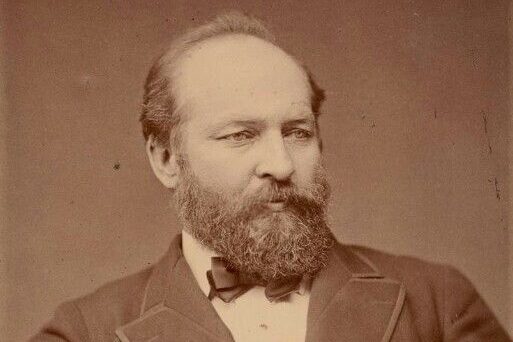
James Garfield’s story is one of the most inspiring climbs to the presidency. As a young man, he worked as a custodian at his school, sweeping classrooms in exchange for tuition. His determination impressed his teachers, and he was soon offered opportunities to learn, then to teach. Garfield eventually became a principal before entering politics. His rise from janitor to president symbolized perseverance and the value of education. Garfield once said, “Next in importance to freedom and justice is education,” a belief rooted in his early struggles. His story proves how humble beginnings can grow into lasting leadership.
This story 13 Surprising Jobs U.S. Presidents Had Before the White House was first published on Daily FETCH


